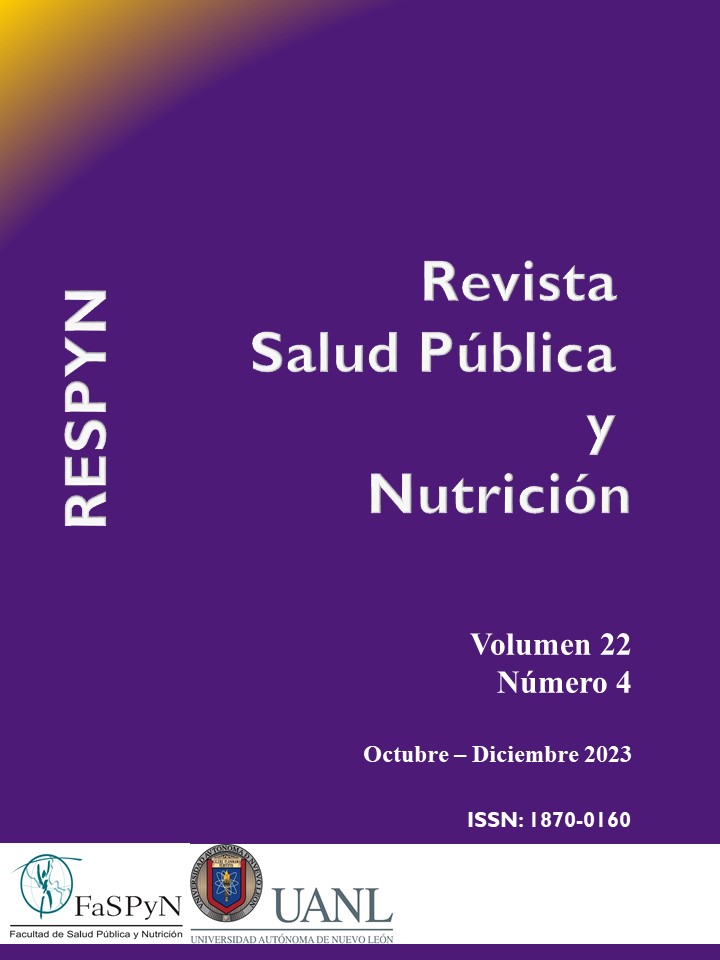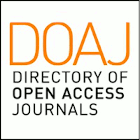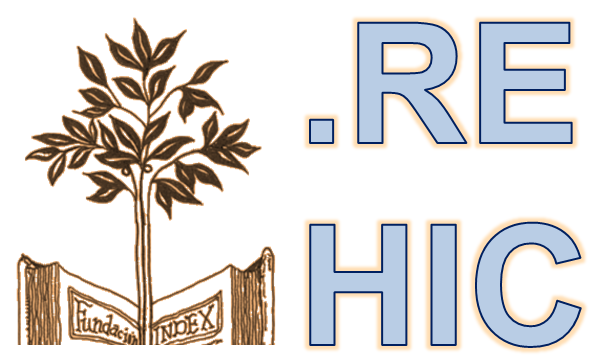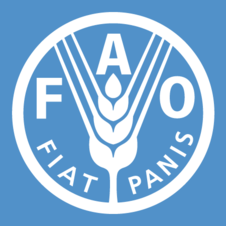Perception of care ethics in the professional practice of a nutritionists
DOI:
https://doi.org/10.29105/respyn22.4-745Keywords:
Care ethics, perception, nutritionistsAbstract
Introduction: Care ethics has been a scarcely explored topic in the field of nutrition practice. This profession has included ethics in its curriculum, and practitioners adhere to their deontological codes in their work. Identifying care ethics in the professional practice of nutritionists is relevant when one understands the nature of care and its constituent elements. Objective: To explore the perception of care ethics in nutrition practice. Methodology: Qualitative research using a focus group interview with 8 nutritionists practicing in hospitals, food services, and private practice. Results: Four categories emerged: i) Recognition of care ethics in daily practice, ii) Perception of care ethics in the profession, iii) Practical application of care ethics in their activities, iv) The need for theoretical elements to apply it. The analysis suggests that care ethics serves as a reference for the care relationship in their practice. Conclusions: Reflecting on this ethics from its own purpose highlights that nutritionists have a commitment to holistic care beyond technique, although they can identify it, their perception is imprecise.
Downloads
References
Abundis, F. (2013). El papel de las profesiones dentro de la dinámica de la vida social. Recuperado el 1 de octubre de 2022, de reddeinvestigacioneducativa.uanl.mx: http://eprints.uanl.mx/8028/1/a2_1.pdf
Adler, H. y. (2002). Consideraciones teóricas acerca de la ética profesional. En R. López, Educación y cultura global. Valores y nuevos enfoques en una sociedad compleja (págs. 165-182). Sinaloa, México : Secretaria de educación pública: Cultura de Sinaloa: Universidad Autónoma de Sinaloa. Obtenido de http://www.humanindex.unam.mx/humanindex/fichas_pdf/detalle_capitulo.php?id=2694
AMMFEN. (2021). Recuperado el 4 de octubre de 2021, de www.ammfen.mx: https://www.ammfen.mx/campos-profesionales.aspx
Antúnez, C., Cardona, X., Farré, J., García, i., Muñoz, M., Nello, A., . . . Tremoleda, M. (2009). Propuesta de código ético en la profesión de nutrición humana y dietética (1a edición ed.). (S. Edicions i Serveis Culturals, Ed.) Barcelona: Prohom. Obtenido de https://www.url.edu/sites/default/files/content/file/2019/09/25/36/propuesta-codigo-etico-profesion-nutricion-humana-y-dietetica.pdf
Boff, L. (Marzo de 2000). Ética del nuevo milenio: justa medida y cuidado esencial. Envío digital(216). Recuperado el 12 de 02 de 2022, de envio.org: https://www.envio.org.ni/articulo/997
Colegio Mexicano de Nutriologos, A. (2021). Código de ética del Nutriologo. Recuperado el 10 de octubre de 2021, de cmnutriologos.com: https://cmnutriologos.com/
Collière, M. (2009). Promover la vida: De la práctica de las mujeres cuidadoras a los cuidados de enfermería (Segunda ed.). McGraw-Hill Interamericana.
Delgado, A., & Naranjo, M. (septiembre-diciembre de 2015). El acto de cuidado de enfermería como fundamentación del quehacer profesional e investigativo. Avances en Enfermería , 33(3), 412-419 . doi:http://dx.doi.org/10.15446/av.enferm.v33n3.42015
Hardy-Pérez, A., & Rovelo-Lima, J. (30 de marzo de 2015). Moral, ética y bioética. Un punto de vista práctico. (M. D. México, Ed.) Medicina e Investigación, 3(1), 79-84. doi:10.1016/j.mei.2015.02.007
Hirsch, A. (2002). Consideraciones teóricas acerca de la ética profesional. En R. López, & U. A. Sinaloa (Ed.), Educación y cultura global. Valores y nuevos enfoques en una sociedad compleja (págs. 165-182). Sinaloa: Secretaría de Educación Pública: Cultura de Sinaloa .
Jiménez, R. (ene-mar de 2004). Indicadores de calidad y eficiencia de los servicios hospitalarios. Revista Cubana de Salud Pública, 30(1). Obtenido de http://scielo.sld.cu/scielo.php?script=sci_arttext&pid=S0864-34662004000100004&lng=es&tlng=es.
Orenga, E., & Marín, M. (2018). Modelo humanístico de Jean Watson: implicaciones en la práctica del cuidado. Barcelona : Universidad internacional de Catalunya .
Ramos, S. (2011). La ética del cuidado: valoración crítica y reformulación. Laguna: Revista de Filosofía(29), 109-122. Recuperado el 17 de diciembre de 2021, de https://dialnet.unirioja.es/servlet/articulo?codigo=3835275
Rivera, O. (2008). Recuperado el 3 de julio de 2021, de Repositorio Institucional- Pontificia Universidad Javeriana: https://repository.javeriana.edu.co/handle/10554/6730
Vázquez, V., & Escámez, J. (22 de enero de 2010). La profesion docente y la ética del cuidado . Revista Electrónica de Investigación Educativa , 1-18. Recuperado el 10 de diciembre de 2020, de http://redie.uabc.mx/contenido/NumEsp2/contenidoverdera.html
Downloads
Published
How to Cite
Issue
Section
License
Copyright (c) 2023 Adriana Noriega Maldonado, Esmelin Ezequiel González Martínez, Salvador García Cruz , Juan Luis Santos de la Cruz

This work is licensed under a Creative Commons Attribution 4.0 International License.
The rights of the work belong to the author or authors, however, by sending it for publication in the Public Health and Nutrition Magazine of the Faculty of Public Health and Nutrition of the Autonomous University of Nuevo León, they grant the right for its first publication in between electronic, and possibly, in print to the Public Health and Nutrition Magazine. The license used is the Creative Commons attribution, which allows third parties to use what is published whenever the authorship of the work is mentioned and the first publication that is in the Public Health and Nutrition Magazine. Likewise, the author or authors will take into account that it will not be allowed to send the publication to any other journal, regardless of the format. The authors will be able to make other independent and additional contractual agreements for the non-exclusive distribution of the version of the article published in the Public Health and Nutrition Magazine (e.g., institutional repository or publication in a book) provided they clearly state that The work was published for the first time in the Public Health Magazine, Magazine of the Faculty of Public Health and Nutrition of the Autonomous University of Nuevo León.














